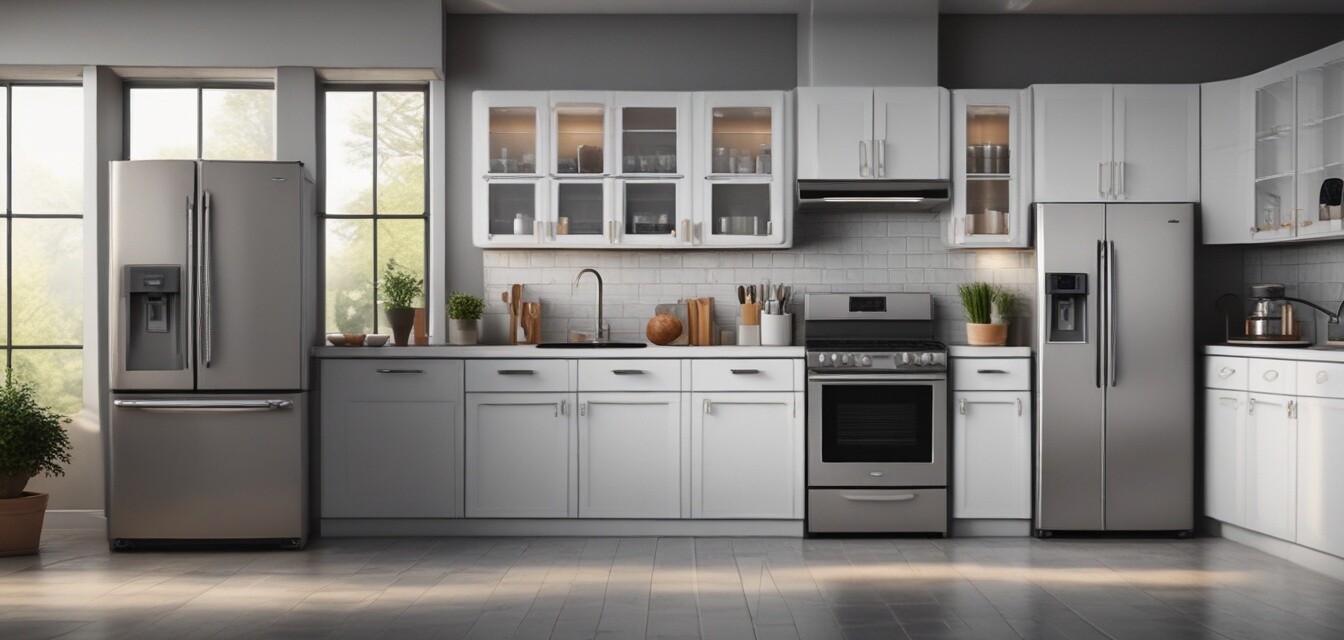
The Latest Energy Efficiency Regulations in 2025
Key Takeaways
- New energy efficiency regulations will reduce energy consumption across various appliances.
- Consumers will benefit from lower utility bills and improved appliance performance.
- The 2025 standards emphasize sustainability and environmental conservation.
- Key differences will be observed in refrigerators, dishwashers, and washing machines.
- Staying informed can help consumers make smarter purchasing decisions.
The energy landscape is continually evolving, and with it come updated regulations aimed at improving energy efficiency in appliances. The upcoming regulations set for 2025 promise to enhance appliance design and functionality while saving consumers money on their energy bills. This article will provide an overview of these new regulations, compare them to previous standards, and explain what consumers can expect in the coming years.
Understanding the New Regulations
The new energy efficiency regulations introduced for 2025 represent a significant shift towards sustainable living. These regulations are primarily focused on reducing greenhouse gas emissions and promoting energy conservation across all household appliances. The U.S. Department of Energy (DOE) has set ambitious goals, targeting a reduction in energy consumption by a minimum of 15% for certain appliance categories.
Which Appliances Are Affected?
Appliances that will be affected by the new regulations include:
- Refrigerators
- Dishwashers
- Washing Machines
- Air Conditioners
- Heaters
- Microwave Ovens
Comparison of Previous and New Standards
| Appliance | Previous Standard (% Efficiency) | New Standard (2025) (% Efficiency) | Expected Savings (Annual) |
|---|---|---|---|
| Refrigerators | 15 | 30 | $80 |
| Dishwashers | 20 | 35 | $60 |
| Washing Machines | 25 | 40 | $50 |
| Air Conditioners | 35 | 50 | $100 |
| Heaters | 30 | 45 | $70 |
Key Differences
The key differences in the new regulations are centered around:
- Higher Efficiency Ratings: Most appliances will need to achieve higher efficiency ratings compared to previous standards.
- Testing Procedures: The testing methods for determining energy usage and efficiency will be updated to provide more accurate results.
- Incentives for Consumers: There will be potential rebates and incentives for consumers who purchase compliant appliances.
Consumer Expectations
With the rollout of these new regulations, consumers can expect several benefits:
- Lower Utility Bills: As appliances become more energy-efficient, household energy expenses will decrease.
- Increased Performance: New technology improving the functionality of appliances leads to more effective performance.
- Sustainability: Consumers will contribute to reducing their carbon footprint by using updated energy-efficient appliances.
- Informed Purchasing Decisions: With more information available, consumers can make smarter choices regarding their appliance purchases.
Staying Updated
Staying informed about energy-efficient appliances is essential for making wise purchases. For more insights, consider checking out related articles in our blog category on News and Trends and our detailed Buying Guides for practical tips.
Pros
- Reduces energy consumption.
- Lower utility bills.
- Supports environmental sustainability.
- Promotes the use of advanced technologies.
Cons
- Initial costs for energy-efficient appliances may be higher.
- Potential adjustments in consumer habits required.
Conclusion
The energy efficiency regulations set for 2025 bring forth a new era of energy-conscious appliance usage, offering both environmental and cost-saving benefits. By understanding what to expect from the new standards and how they differ from past regulations, consumers can equip themselves to make informed decisions. Adopting energy-efficient appliances is more than just smart spending; it is a step towards a sustainable future.
Tips for Consumers
- Regularly check for updates on energy efficiency regulations.
- Research products before purchasing to ensure compliance with new standards.
- Take advantage of rebates and incentives for energy-efficient appliances.
- Consider energy ratings when comparing appliances.
